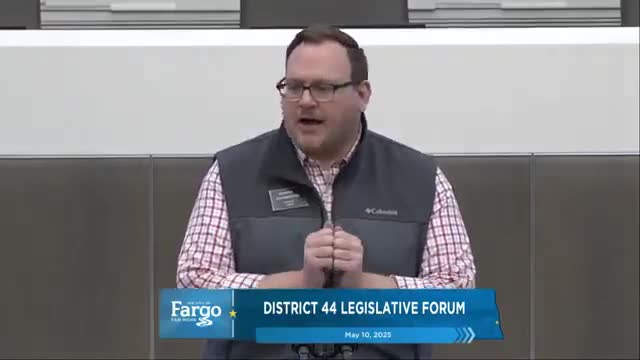Article not found
This article is no longer available. But don't worry—we've gathered other articles that discuss the same topic.
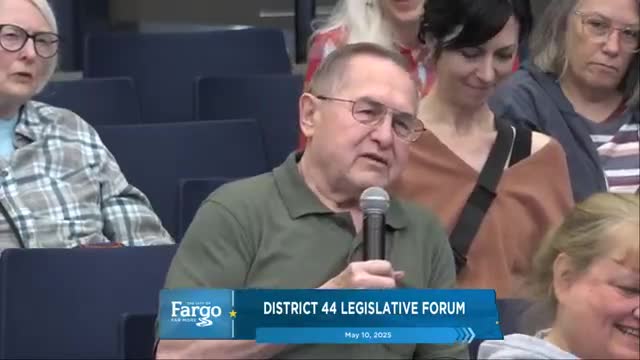
Lawmakers authorize 80 mph interstate limit and revise speeding fines; officials say enforcement will continue around current practice
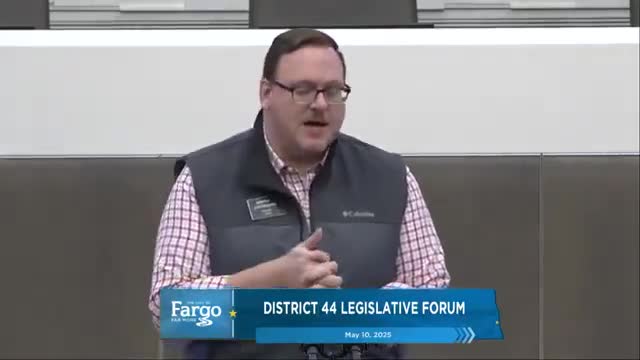
Fargo, Cass County secure local grants including Fargo Theatre, research park and food‑bank funding
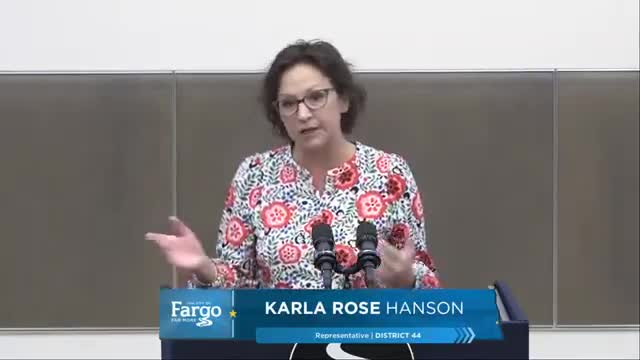
Legislature funds behavioral‑health programs, expands reentry supports and tightens prior‑authorization rules

K‑12 funding growth limited to 2.5% and phone‑free school policy moves forward; vouchers defeated
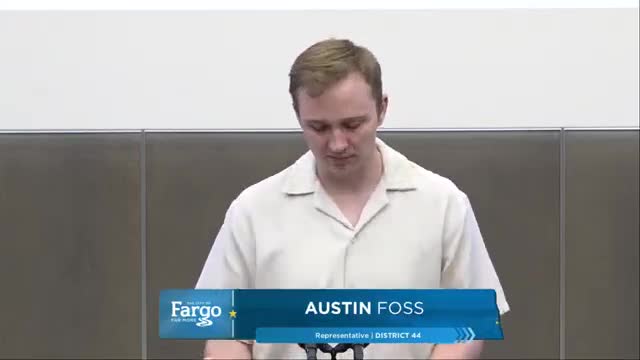
Legislature enacts primary‑residence credit, caps taxing districts at 3%; cities warn of strain
